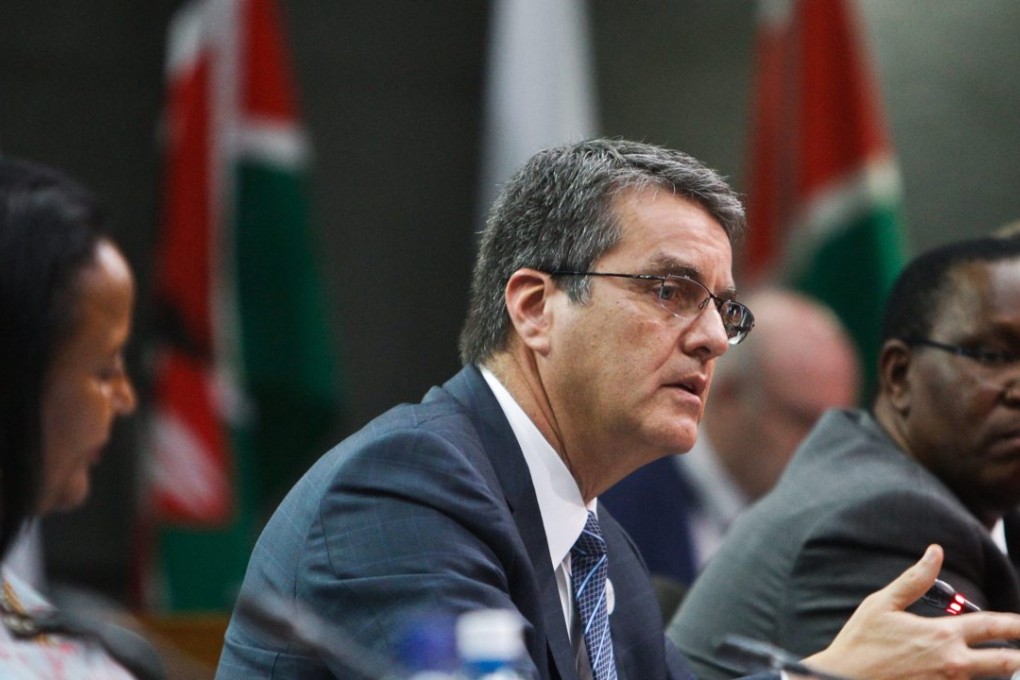
Following its 10th Ministerial conference last week in Nairobi – seen by many as a make or break event – the World Trade Organization lives to fight another day. Some would say its demise was never in prospect because institutions rarely die. But we are talking here about effectiveness, not mere existence.
The failure of the world’s premier trade organisation to complete the Doha Round of trade negotiations it launched almost a decade and a half ago has raised doubts about its capacity to conduct its core business.
Many believe that a flagging ability to negotiate would eventually undermine the other functions of the WTO that are working well – notably its dispute settlement system, and monitoring and managing a range of existing agreements on a wide range of trade policies.
This would leave preferential agreements as the only negotiating platform for trade cooperation – hardly a recipe for inclusiveness and shared opportunity if it is the sole forum for defining trade relations.
The pattern of non-delivery on negotiations at the WTO had been broken at the Ninth WTO Ministerial Conference in Bali in 2013 with an agreement on trade facilitation that cuts trade costs by reducing red tape and speeding up administrative transactions.
But Bali left a long list of unresolved negotiating issues, leading Ministers to instruct officials to agree a “clearly defined work programme” for completing the Doha Round within a year. Despite an extension to mid-2015, this mapping task proved impossible.